
Contents

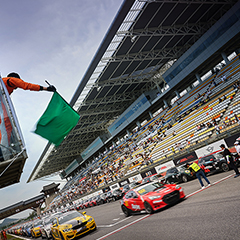



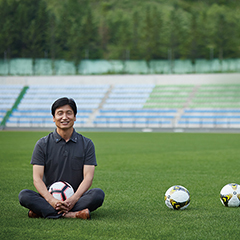


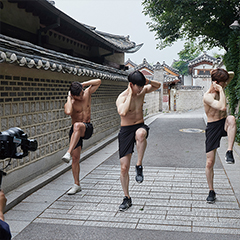













Global Korea I
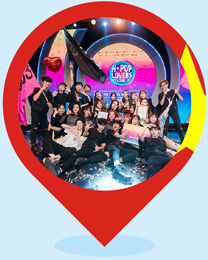
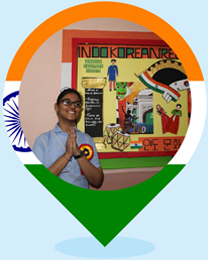
Global Korea II · Written by Korea.net Honorary Reporter Biró Kinga from Hungary Photo courtesy of Korea.net
Most people around me have a shallow way of thinking when it comes to Korean music. All they see is fancy clothes, glitter, colorful hair and a group’s members jumping on stage, suddenly forgetting that music in general has dozens of distinctlayers and unique genres.
Maybe this is because people who usually listen to American or other music in English can understand the lyrics, thus they can identify with the songs’ messages more easily. Or they simply don’t care about Korea enough to give less popular K-pop bands a try. But the truth is the truth. Since BTS is now a worldwide phenomenon, people tend to associate K-pop with the group and apparently think other genres and bands in Korea don’t exist. The super group’s amazing performances fuel an indisputable stereotype among those who don’t know where or care to search for other sources of good Korean music. Such people will probably never find bands like Day6, which is far from today’s K-pop idol groups.
In late January, I attended a Day6 concert in Berlin with three friends, and since seeing the K-pop group live, the first word that comes to mind when I think of it is breathtaking. Since I’m still a university student with all its perks and mishaps, I usually don’t spend money on concerts, let alone one in another country.
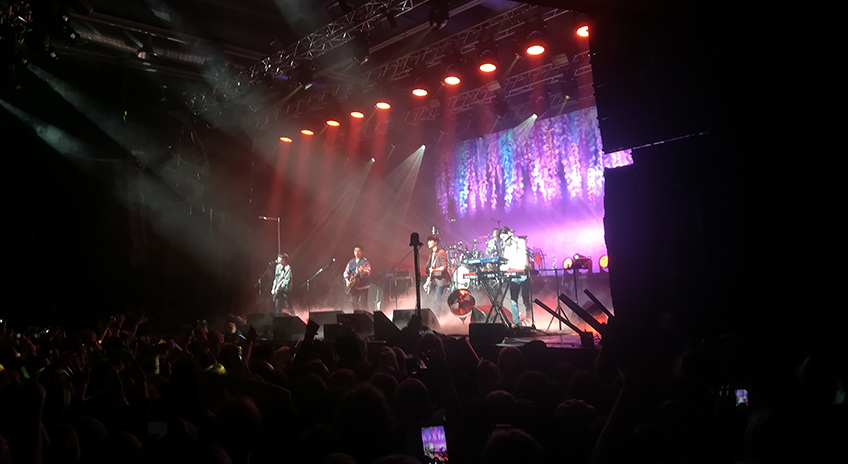
Madame Ana standing with her paintings. The Joy of Spring is mounted on her right.
Somehow, my friends found cheap flights and accommodations in Berlin, and the tickets for the concert, which resulted in perhaps my biggest surprise in music, were also affordable compared to those for more famous performers. So I was willing to give it a go and I’m so glad that I did. The performance Day6 put on was absolutely worthwhile.
A few years earlier, I had gone to a music festival with friends and remember how disappointed I was when the artist was ten minutes late. He performed six or seven songs and then said goodbye, like someone who had just finished his job on a tiresome Friday afternoon.
Day6 was nothing like that. The members appeared to thoroughly enjoy themselves, joked around in between songs and danced like there was no tomorrow. They also occasionally spoke English to make themselves understood to those who had traveled far just to see them but didn’t understand Korean.
The group sang a lot, perhaps more than 20 songs, each with the same passion; members never once acted as if it was a job or if the audience should’ve been thankful for their efforts. The way Day6 treated their fans, as if we were a part of the band, was fascinating and brought each fan closer to the group. For a few hours, we became part of something magical and it was OK that we couldn’t understand each other’s language or even the band’s. Day6 made it happen through emotions.
And this is what music should be about: connecting people, not separating them because of recent stereotypes. Instead of pointing and laughing at people for listening to K-pop, one should ask why they like such songs and what the music brings to their lives. More than likely, the songs’ catchy lyrics hold meaning that most people cannot understand.









